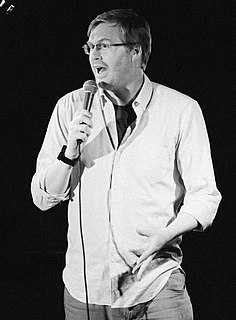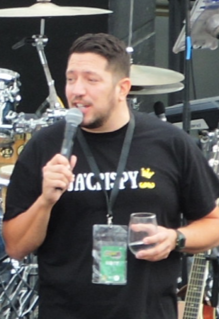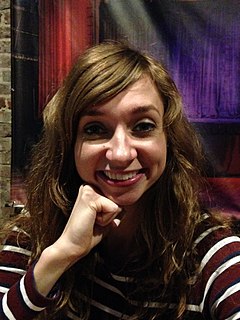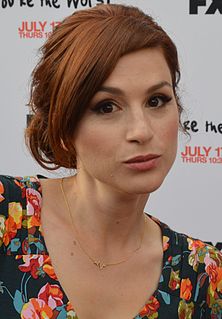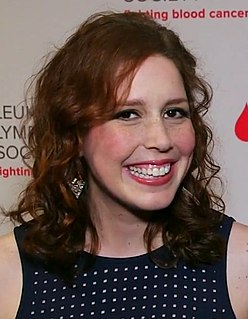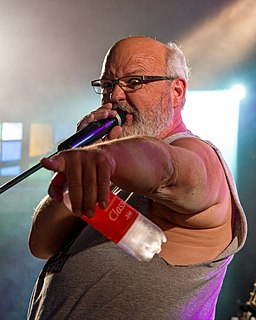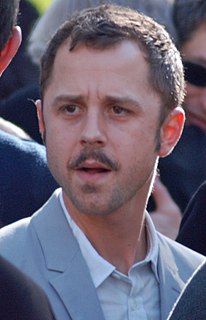A Quote by Kurt Braunohler
It's so much harder to make a living off improv. Improv is so rarified and for such a specific audience.
Related Quotes
I was on the improv team in high school, and after I graduated, I joined an improv company that had been established 10 years prior to me getting there. They did longform improv, and I fell in love with it. It's acting, character creation, collaborative, artistic expression and comedy - and it's scary. It was a big rush.
I think with improv - and I say it all the time because it's become such a catch thing that you talk about improv - if the scene is well-written, you don't need to improv. But that being said, if something strikes you in the moment and, most importantly, you know where the scene is supposed to go, it's no different than method acting.
Improv changed my life in the best way. I gained so much confidence and really learned how to use my sense of humor to do something other than make sarcastic comments to the TV, though that remains one of my best skills. I stayed in Chicago for college mainly to continue doing improv, which was an awesome decision for me.
